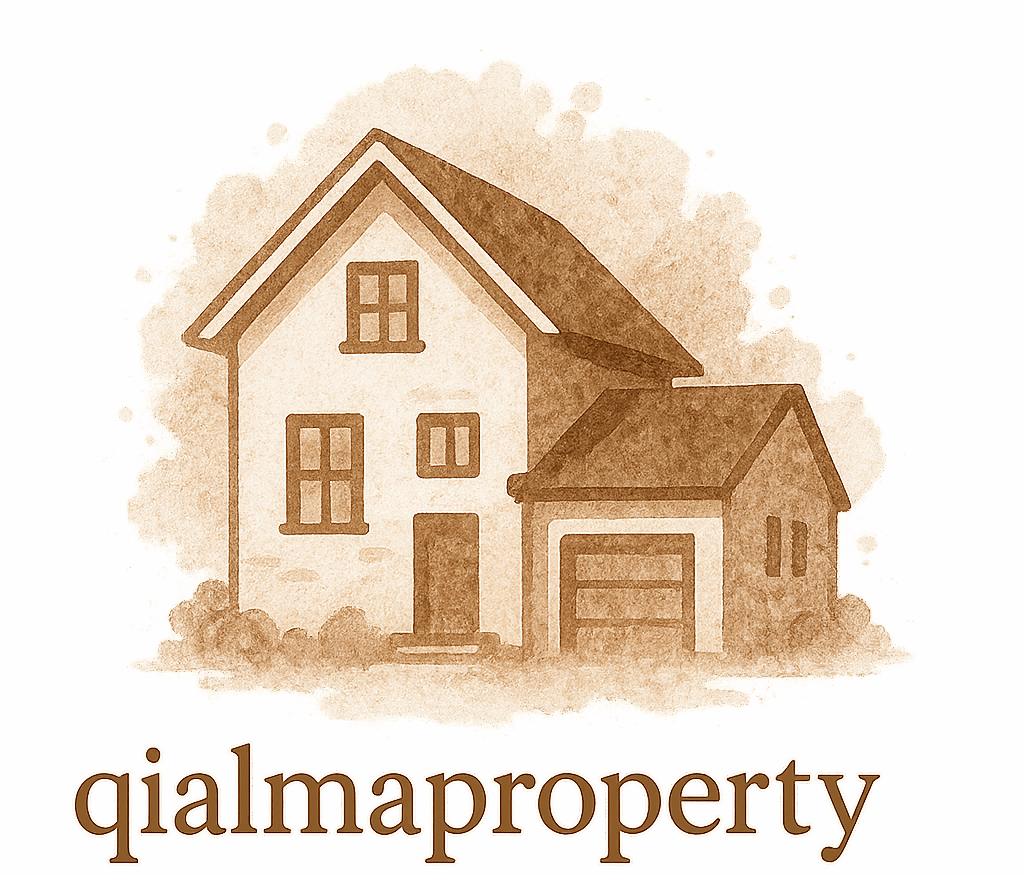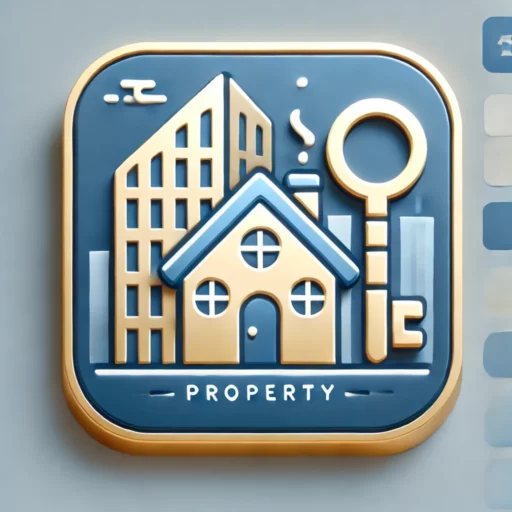Introduction
Ever walked into a home and thought, “This can’t possibly be worth that much”? You’re not alone. In real estate, overpriced properties stick out like a sore thumb—and not in a good way. Whether you’re a first-time buyer or an experienced investor, knowing how to spot a price that’s just not right can save you a lot of money and stress. So, what are the red flags? Let’s dive into the 10 key signs a property might be asking way more than it’s worth.
1. It’s Priced Significantly Higher Than Similar Homes
When a home is listed for way more than others in the area, that’s the first sign something’s off.
Comparable Sales (Comps) Matter
Real estate pricing isn’t a guessing game—it’s based on comparative market analysis (CMA). Check recently sold properties in the same neighborhood. If the price is way above those, it’s likely overpriced.
Look at Listings, Not Just Sold Prices
Pay attention to similar active listings too. If your target property is way out of line, be cautious. Tools like Qialma Property’s Market Trends can help compare.
2. The Listing Has Been on the Market Too Long
Time on the market is a dead giveaway.
The Longer It Sits, the More Suspect It Becomes
Most reasonably priced homes sell within 30–60 days. If a listing drags on for months, chances are it’s scaring off buyers with its tag. And that could mean you’re looking at a property selling issue caused by overpricing.
3. No Offers or Lowball Offers Only
If nobody’s biting, there’s usually a reason.
Buyers Know When Something’s Off
People do their homework. A property that looks nice but isn’t drawing attention likely has a problem—and most of the time, it’s the price. That’s when sellers should review their strategy or risk lingering in limbo.

4. It’s Been Relisted or the Price Keeps Changing
Ever notice a home that disappears and then reappears like magic? That’s a red flag.
Relisting Is a Red Flag
Sellers sometimes relist properties to “reset” the days-on-market count. Frequent price drops also suggest the seller is fishing for offers but missed the mark initially. This is common with those ignoring proper real estate tips.
5. The Property Doesn’t Match the Neighborhood
The fanciest home on the block isn’t always a blessing.
Out of Place Can Mean Overpriced
If a home is dramatically different from its surroundings—whether in style, size, or upgrades—it might not deliver the value its price suggests. The local market sets the rules, not individual upgrades.
Check out property growth patterns to better understand what the area can support price-wise.
6. It Needs Serious Repairs But Still Costs a Lot
It’s one thing to buy a fixer-upper. It’s another to pay a premium for it.
A Fixer-Upper Should Be Priced Accordingly
If a home needs new plumbing, a roof, or foundation work, the asking price should reflect that. Otherwise, you’re paying more for less—literally. Before diving in, consider browsing rental property listings for comparison.
7. Agents Are Not Excited About the Listing
Your real estate agent knows the game—and when they’re lukewarm, so should you be.
Low Enthusiasm = High Price Tag?
If agents are showing a property but not pushing it, they probably sense the price is off. Real pros won’t hype up something that’s a bad deal for their client.
This is where investor tips come in handy. Don’t ignore professional instincts—they’re trained to spot overpriced traps.
8. The Price Per Square Foot Is Sky-High
Square footage isn’t everything, but it’s a great comparison tool.
Crunch the Numbers
If the home you’re eyeing has a per-square-foot price significantly higher than others nearby, it’s probably overpriced. Don’t be dazzled by staging—focus on the math. Use property buying tools to break it down.
9. The Home Has Unique Features That Don’t Add Value
Not every quirky addition is worth more money.
Personal Touches Aren’t Always Profitable
That in-home sauna, custom bar, or koi pond might’ve cost the owner thousands—but if it’s not something most buyers want, it doesn’t raise the value. If you’re buying as a property investment, focus on resale potential, not personalization.
10. Appraisal Comes In Lower Than Asking Price
Even the bank doesn’t think it’s worth that much? Walk away or negotiate.
When the Bank Says No
Lenders send appraisers to determine value. If the appraisal falls short of the asking price, you’re left covering the gap—or moving on. Always request an appraisal contingency clause. These scenarios are hot topics in real estate 2025 discussions.
Why It Matters to Recognize an Overpriced Property
Overpaying for a property doesn’t just hurt your wallet—it can hurt your future.
Buyer Confidence and Long-Term Value
Buying an overpriced home can leave you underwater if the market shifts or you need to sell soon. That’s why understanding market trends and using trusted real estate resources is so crucial.
Final Thoughts
Buying a home is one of the biggest financial decisions you’ll ever make. Don’t get caught up in emotions or pushy sales tactics. Learn to spot when a property’s price just doesn’t match reality. Take your time, trust your gut, and use platforms like Qialma Property to stay informed. Whether you’re a landlord navigating legal rules, exploring ROI, or a cautious first-time buyer, smart decisions start with knowledge.
FAQs
1. What should I do if I love a home but it’s overpriced?
Negotiate. Back your offer with comps and an appraisal. Many sellers will reconsider.
2. How accurate are online property value estimators?
They’re a good starting point but not always spot-on. Always cross-check with a local agent or appraiser.
3. Can an overpriced home drop in value later?
Yes. Homes that sit unsold often undergo price reductions. Be patient.
4. Why do sellers overprice homes in the first place?
Sometimes it’s emotional attachment or unrealistic expectations. Other times, it’s poor advice.
5. Should I avoid overpriced homes altogether?
Not always. If you can negotiate it down, it might still be a great deal.
6. How can I protect myself as a buyer?
Work with a knowledgeable agent, get an appraisal, and research on property buying.
7. Are overpriced homes harder to finance?
Absolutely. If the appraisal comes in low, lenders won’t cover the difference.


